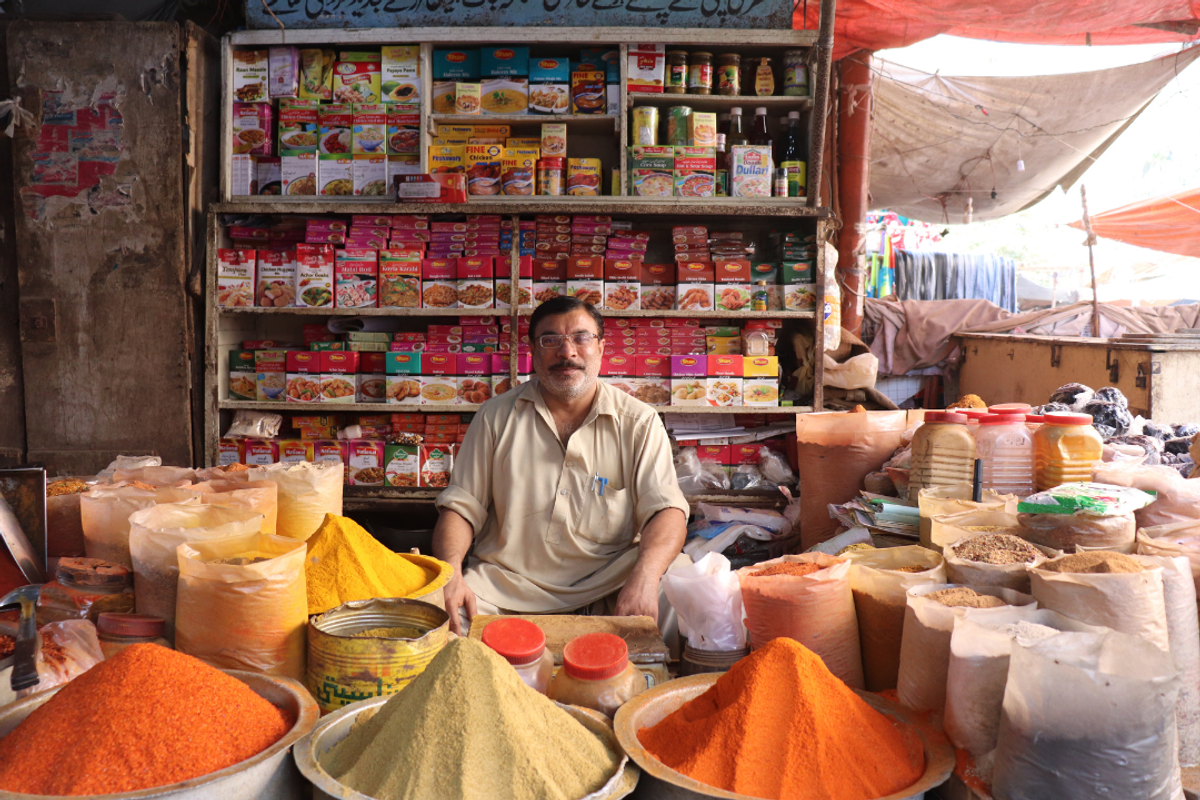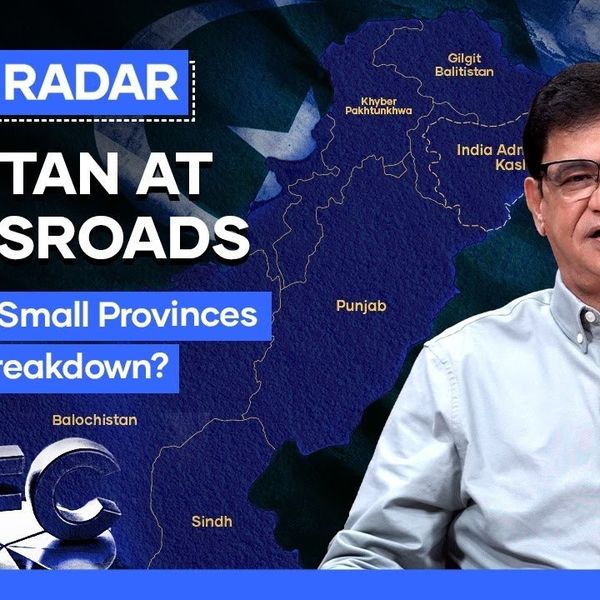Pakistan’s inflation eases to 3% in August, beating forecasts
Surprise slowdown in August inflation sparks relief, but crop damage from floods threatens outlook

Haris Zamir
Business Editor
Experience of almost 33 years where started the journey of financial journalism from Business Recorder in 1992. From 2006 onwards attached with Television Media worked at Sun Tv, Dawn Tv, Geo Tv and Dunya Tv. During the period also worked as a stringer for Bloomberg for seven years and Dow Jones for five years. Also wrote articles for several highly acclaimed periodicals like the Newsline, Pakistan Gulf Economist and Money Matters (The News publications)

Pakistan’s consumer price inflation cooled more than expected in August, surprising analysts who had projected a more modest decline.
The Consumer Price Index (CPI) rose 3.0% year-on-year, down from 4.1% in July and 9.6% in August 2024, according to official data released Monday.
On a month-to-month basis, CPI fell by 0.6%, reversing a 2.9% increase in July and the 0.4% uptick recorded in the same month last year.
Urban inflation followed a similar trend, rising 3.4% year-on-year in August, compared to 4.4% in July and 11.7% in August 2024.
Rural inflation also eased, registering a 2.4% year-on-year increase, down from 3.5% in July and 6.7% a year earlier.
“This was not on our radar,” said an analyst. “We expected inflation to moderate, but a drop this sharp suggests a stronger-than-anticipated base effect and more stability in food prices than previously assumed.”
The moderation comes amid projections that inflation would settle at 3.9% year-on-year in August, down from 4.07% in July. Analysts had expected a monthly increase of 0.2%, driven by higher costs in food, education, and recreation.
The food index was forecast to rise by 0.5% month-on-month, with price hikes in tomatoes, onions, chicken, and wheat leading the surge. Education costs were expected to climb 2% due to increased school fees.
Despite the current relief, economists warn that recent flooding in Punjab province could reverse the trend. The region, a key supplier of the country’s food, has suffered significant crop damage.
“If crop losses are severe, we could see a spike in food inflation and a widening trade deficit as imports rise to fill the gap,” the analyst said. “This could also dampen GDP growth in the coming quarters.”
The government has yet to release a formal damage assessment, but officials are closely monitoring the situation as inflation remains a key concern heading into the final quarter of the year.










Comments
See what people are discussing